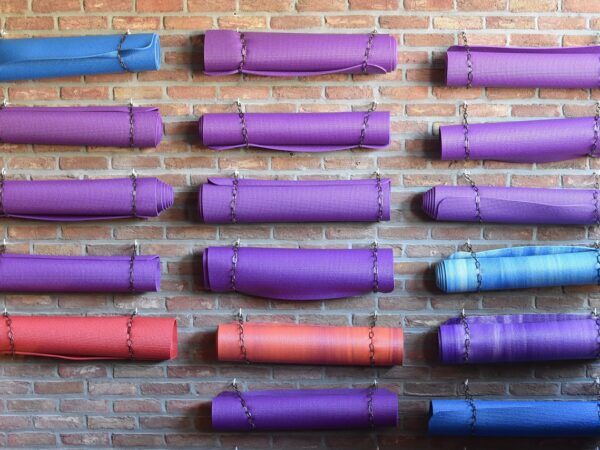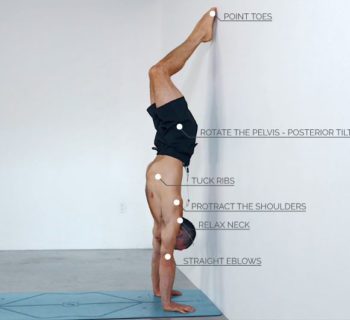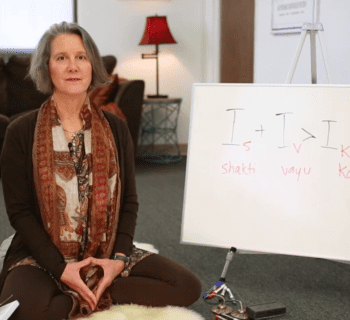Once we engage on a spiritual path, and connect with the lofty ideal of enlightenment, it is easy to interpret our human emotions as representative of our lower mind and animalistic impulses. While, indeed, they are sourced in our desire to survive, reproduce and thrive, simply ignoring or suppressing our emotional nature can lead us to engage in what psychologist John Welwood termed “spiritual bypassing.” This can lead to disturbing, if not dangerous, rearrangements in our psyche that can lead to self-destructive, impulsive/compulsive behaviors, and even to psychosomatic disease and chronic illness.
Emotions can be powerful in either positive or negative ways. When we try to avoid emotional experience, emotions morph into more complex bundles that are increasingly difficult to process. Each emotion has information and deserves individual attention.
Swami Rama of the Himalayas said, “Avoiding the emotional issue is not going to help you. Instead of dealing with the conflict or issue, you look for answers outside yourself—and of course you don’t succeed. But if you remain careful with your emotions, and learn how to go through the ups and downs of life and still remain balanced, then you will not suffer from this kind of conflict.”
“All your actions are controlled by your thoughts, and all your thoughts are controlled by your emotions. By comparison with your emotions, thought has little power; if you can use your emotional power constructively, you can channel it. Then your emotional power can be utilized in a creative way and lead you to a height that will give you real happiness,” he adds, in the book Creative Use of Emotion.
Emotion regulation skills make it easier for you to live with the feelings that come up from day to day, and also any long-standing painful feelings that you have. Here are some tips:
Observe your emotion. Stand back.
Experience your emotion as a wave, coming and going.
Don’t push away your emotion. Accept it.
Don’t judge your emotion. It’s not good or bad
Don’t hang on to your emotion.
Try not to intensify your emotion. Let it be how it is.
Remember that you are not your emotion.
Remember that you don’t necessarily have to act on your emotion.
Practice loving your emotions.
Be Present to and Mindful of the Positive
Focus your attention on the positives around you. Think of something good that has happened in recent days. Is there something going on right now, or about to happen today that is really good or fun? Focus on it. Be fully present. Notice everything about it. Stay in the here and now.
Be Unmindful of Worries
Don’t give attention and air time to worries or negative projections about the future, which is yet to come and may never realize in the scary or painful way you imagine. Distract yourself from thinking that you don’t deserve a nice time. You deserve to enjoy the present moment.
The video course on emotions that I present on this platform will help you avoid the pitfalls of “spiritual bypassing” while helping you learn to healthily deal with this dimension of your human experience. In these videos, you will learn to harness the power of your wise mind, or Buddhi (which is our capacity for wisdom, discrimination, and discernment and that which connects us to our Soul/Atman/Purusha), to evaluate whether to act or not act on emotional impulses. The goal is to learn whether to move toward emotions for mindful processing and problem solving, or to move away and distract from them.
Build your emotional intelligence quotient, EQ, by engaging with this course, choosing not to blame others for, or act on, destructive emotions as part of your tapas, studying your emotional experience as part of svadyaya – both worthy endeavors on the “royal path” of yoga.
By Inge Sengelmann

Inge Sengelmann is a somatic psychotherapist and certified ParaYoga teacher, initiated in the Himalayan Tantric lineage of Sri Vidya. ParaYoga is a living link to the ancient traditions of yoga, meditation, and tantra.










